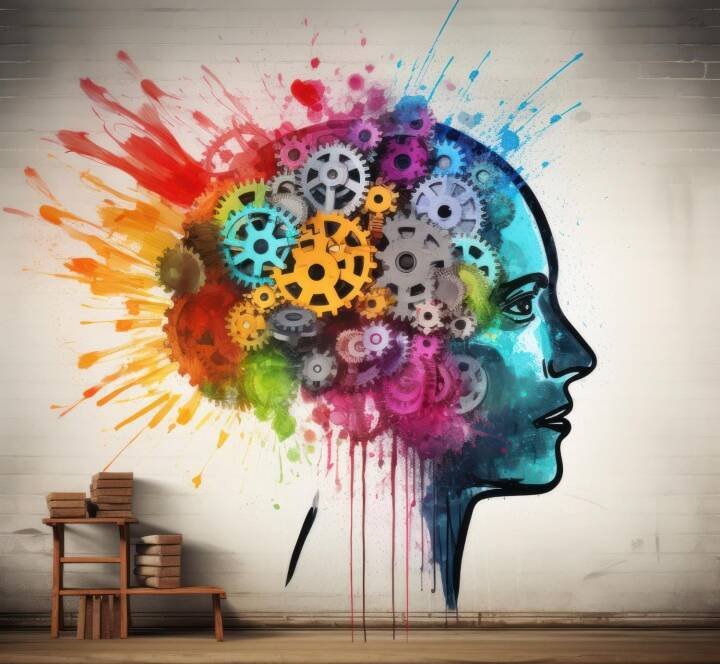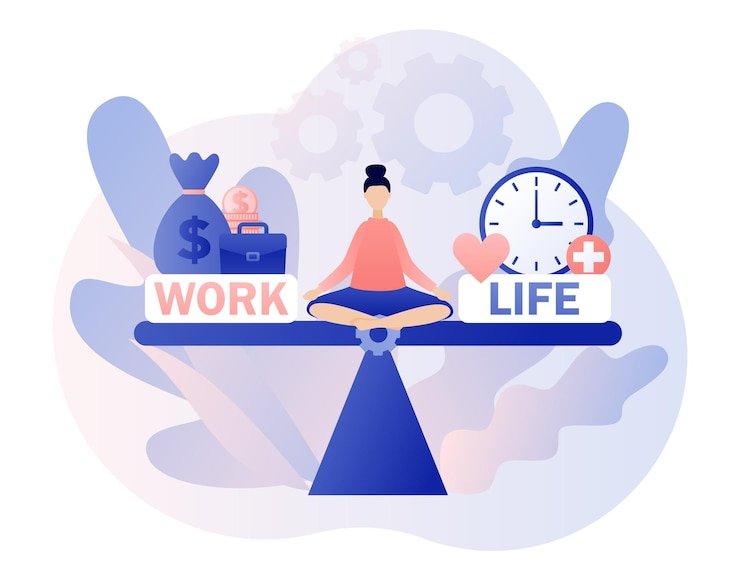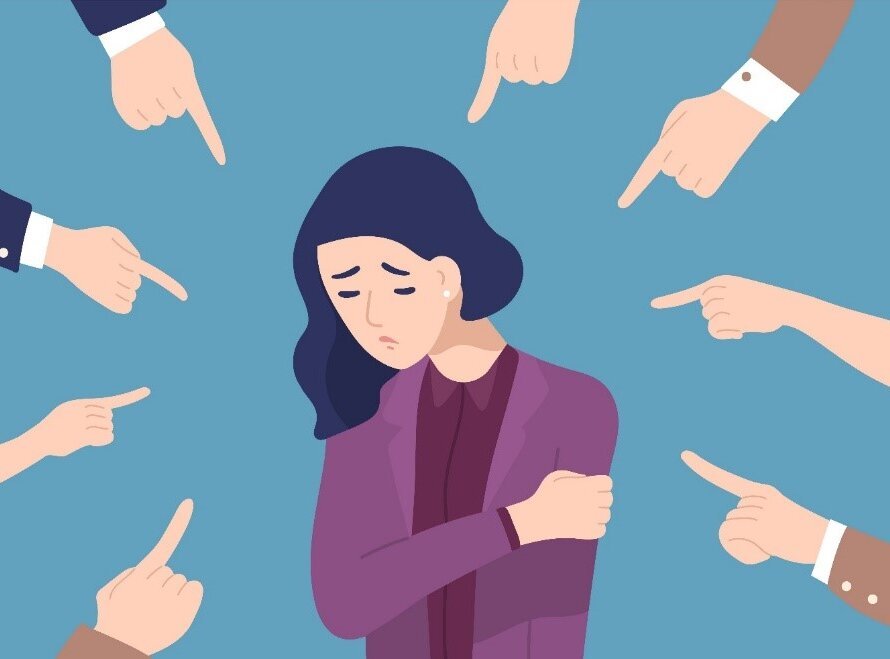“The Strong Dance of Mind and Body: Taking Care of Your Mind and Body Well-Being”
The relationship between mental and physical well-being emerges as a vital thread in the complex fabric of human health; rather than being separate components that intertwine in our overall fitness, our consciousness development is inextricably linked to physical health, and each influences the other. Understanding these relationships is essential for developing a holistic approach to self-care and well-being.
Impact of Mental Health on Physical Well-Being: Our mental health can have a significant impact on our physical well-being. A strong mental state not only improves overall health but also protects against serious illnesses. Research has shown that good mental health can lower our risk of heart disease and stroke, emphasizing the importance of mental health in physical resilience. In contrast, a lack of mental health can conceal our physical fitness, opening the door to chronic diseases and harmful behaviors. Conditions like schizophrenia and depression have been linked to an increased risk of diabetes, cardiovascular disease, and respiratory disease, highlighting the complex links between mental and physical health.
The Ripple Effect: Mental health status and physical health: Sleep problems often accompany mental illness, creating a cycle of exhaustion and distress. Individuals struggling with conditions such as depression and anxiety often experience sleep disorders such as insomnia or sleep apnea, further compounding their mental health challenges. Furthermore, smoking often appears as a coping mechanism for individuals with mental illness, exacerbating the negative effects on mental and physical well-being Although nicotine may provide temporary relief from depressive symptoms, it can perpetuate addictions, causing further challenges to overall health.
Access to care and self-care: Navigating the line between mental and physical health can be daunting, especially in the context of a mental health condition that can be a barrier to accessing appropriate care Meeting mental and physical health needs requires a multifaceted approach, including self-care practices, from health care professionals And ask for help Interpersonal relationships: physical health and mental well-being Just as mental health affects physical well-being, the opposite is also true. Individuals struggling with physical health conditions such as psoriasis or chronic diseases can experience significant levels of stress and depression, further compounding their health challenges.
Training the mind and body: Health Strategies:
Prioritizing mental and physical health is essential to achieving optimal wellbeing. Simple but effective practices can be incorporated into daily life to promote flexibility and recovery. Exercise regularly to improve your physical fitness and mood. To nourish your body and mind, choose a well-balanced diet with plenty of fruits and vegetables. Use relaxation techniques such as meditation and deep breathing to release stress and create inner peace. Get social support from friends and family members and tackle life’s challenges with strength and compassion. At its core, nurturing our mental and physical well-being is a journey of self-awareness and self-care.
Follow us on our Channel: https://whatsapp.com/channel/0029Va9oA8mJuyALcQnCAm26:












